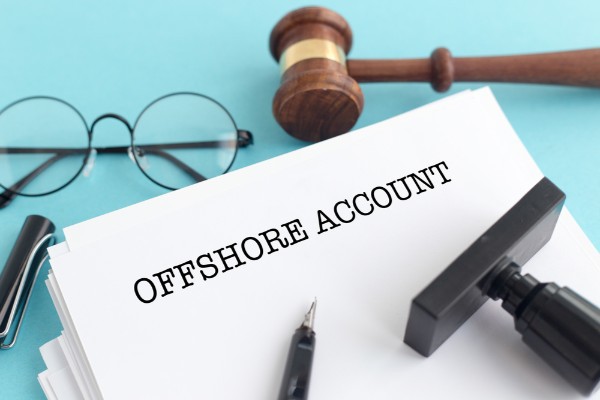
Recently, customers are increasingly asking about offshore accounts as an alternative to European and Asian banks. Cyprus has undermined its credibility and spoiled the reputation of Europe as a whole. Banks are highly trusted in European jurisdictions outside the EU, such as Liechtenstein, Andorra, Switzerland. Many people continue to be serviced in Cyprus on the assumption that “the missile does not fall into the same funnel twice”.
Offshore Accounts
Asian banks (in the jurisdictions of Hong Kong and Singapore) have changed policies, greatly complicating the opening process. Opening requires the preparation of an exceptionally complete set of documents – a description of the business with the provision of contracts, bank statements and other information not only about the offshore company for which the account is opened, but also about the resident (local) business of the client who is behind the offshore company. A personal visit is also required. Therefore, many are forced to look towards offshore accounts.

Benefits of an Offshore Account
- High privacy. With some countries (offshore), there are still no agreements on the exchange of information at the level of government bodies. Directly, some countries can only issue a request to the country with which it has signed an information exchange agreement. Otherwise, the exchange process is greatly complicated. In any case, it is possible to choose a country with which there is no exchange of information. It is necessary to take into account both the country of location of the offshore account and the country of registration of the company.
- Less exposure to economic risks.
- Simplified account opening. The procedure for opening an account and further work with the bank, in some cases, is slightly simpler than working with other popular jurisdictions.
Possible disadvantages of an offshore account

- Documents for opening an offshore account and transferring funds.
- The need to provide additional documents when making a payment. Banks from reputable jurisdictions may request accompanying documents when making payments to the beneficiary with an offshore account: an invoice based on which the payment is made; the contract; waybills, depending on the subject of the transaction.
- Inconvenient operating time. The difference in time zones can affect the efficiency of your company.
- It can be less reliable. To some extent, an offshore account may be less reliable to use as a savings account for the following reasons:
- offshore banks are less regulated at the legislative level, which gives the bank management a bit more freedom;
- requirements for the share of the bank’s equity in offshore jurisdictions, usually lower.
But, as practice shows, small offshore banks feel much more confident and stable than large system banks. The former earn primarily on customer service by not providing loans and showing stable profit growth, while system banks are more prone to economic factors and global trends.
Where to open an offshore account?

It’s better to find stable and reliable banking system such as this one https://rakoffshoreic.com/. Mauritius is a financial center for investment in South Africa and the Indian Ocean. Good legislation, borrowed from the UK, a good reputation, which Mauritius cares about, allows you to provide the client with pretty good conditions for working with the bank. And for those who are considering moving, Mauritius offers an excellent program for obtaining a residence permit. Saint Kitts and Nevis have their own law on offshore banking. There is also a privacy law. For violation of the provisions of the charter provides for various sanctions up to imprisonment. However, it all depends on your personal preferences and the necessary services.
